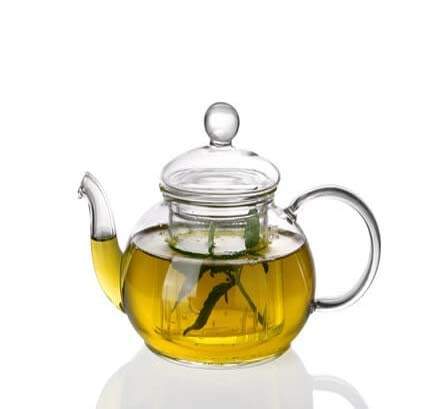The main benefits of mugwort tea include its ability to ease menstrual cycle pain, anti-inflammatory, reduce anxiety, kidney disease, improve digestion, reduce depression and anxiety, speeding up blood circulation, strengthen the immune system, and detoxify your body.
Table of Contents
What is Mugwort Tea?
Mugwort tea is used for gallbladder disease. It has been in use for hundreds of years in several different cultures, ranging from China to Europe, and has long been used for its medicinal benefits.
Other names of this medicinal plant: bitter herb, used as a white herb. Mugwort tea also has a calming effect. It is good for stress-related stomach ailments and chronic headaches.
Warnings: It should not be used for more than 3 weeks. Pregnant women should never drink. If consumed in an overdose it can damage the kidneys, causing headaches, dizziness, nausea, vomiting, and cramps.
In addition to its widespread use in the pharmaceutical industry, it was used for a time by joining in drinks, but in 1908 its use in this way was banned.

What Are The Health Benefits Of Mugwort Tea?
Menstrual Cycle Pain
One of the uses of mugwort tea is in the treatment of dysmenorrhea, more commonly known as menstrual cycle cramps. It is also known to stimulate and regulate menstruation and support the body as it changes through menopause.
Toxin Effects
This herbal tea is also linked to cleansing the kidneys, reducing the chances of infection and improving function. it encourages sweating. Further, eliminate toxins from the body through the skin.
Malaria Prevention
Malaria is a contagious very bad disease caused by a parasite that invades human red blood cells, transmitted by mosquitoes. The most effective malaria drug is Artemisinin. It contains a large amount of Artemisinin.
Strengthens The Immune System
The high concentration of vitamin C active antioxidants makes mugwort tea a wonderful choice for boosting the immune system. Vitamin C can stimulate the production of white blood cells, and act as an antioxidant, which can neutralize radicals that cause inflammation and weaken the body’s defenses.
Antimicrobial and Antifungal Properties
Clinical studies have shown that wormwood tea has an antimicrobial effect. E. coli (a disease that damages the kidneys, intestines, and brain caused by an unhealthy red meat-borne parasite.) and salmonella (it’s a poisonous germ.) protect against various types of bacteria, including.

How to Use?
Boil a glass of water. Toss half a teaspoon of dried mugwort tea into a boiled glass of water and wait 10 minutes. After brewing, It is drained and drunk.
Other Benefits Of Mugwort Tea
- It regulates blood circulation.
- It supports liver and gallbladder functions.
- Prevents inflammation.
- It is a good source of antioxidants.
- It has an anti-fever feature.
- Good for insomnia.
- It is effective against the loss of appetite, anemia, stomach gas, stomach pains, and indigestion.
- It’s good for bowel spasms.
Side Effects Of Mugwort Tea
Side effects of this tea include thirst, nausea, dizziness, inability to urinate, stomach cramps, novelties, insomnia, numbness, confusion.
We definitely should not consume mugwort tea without consulting a doctor. Also, women should not be used during pregnancy and breastfeeding.
Mugwort tea will not cause any allergies; however, you should inform your doctor about your allergy before use.
Mugwort is found in the Aegean and Mediterranean mountains. It can be found especially in autumn.
Editor’s Pick:
100 grams in The Tea:
- 1 gram of fat.
- 15 calorie,
- 9 grams of fiber,
- 10 mg sodium,
- 765 mg potassium,
- 1 gram sugar,
- 5 g protein is found.








